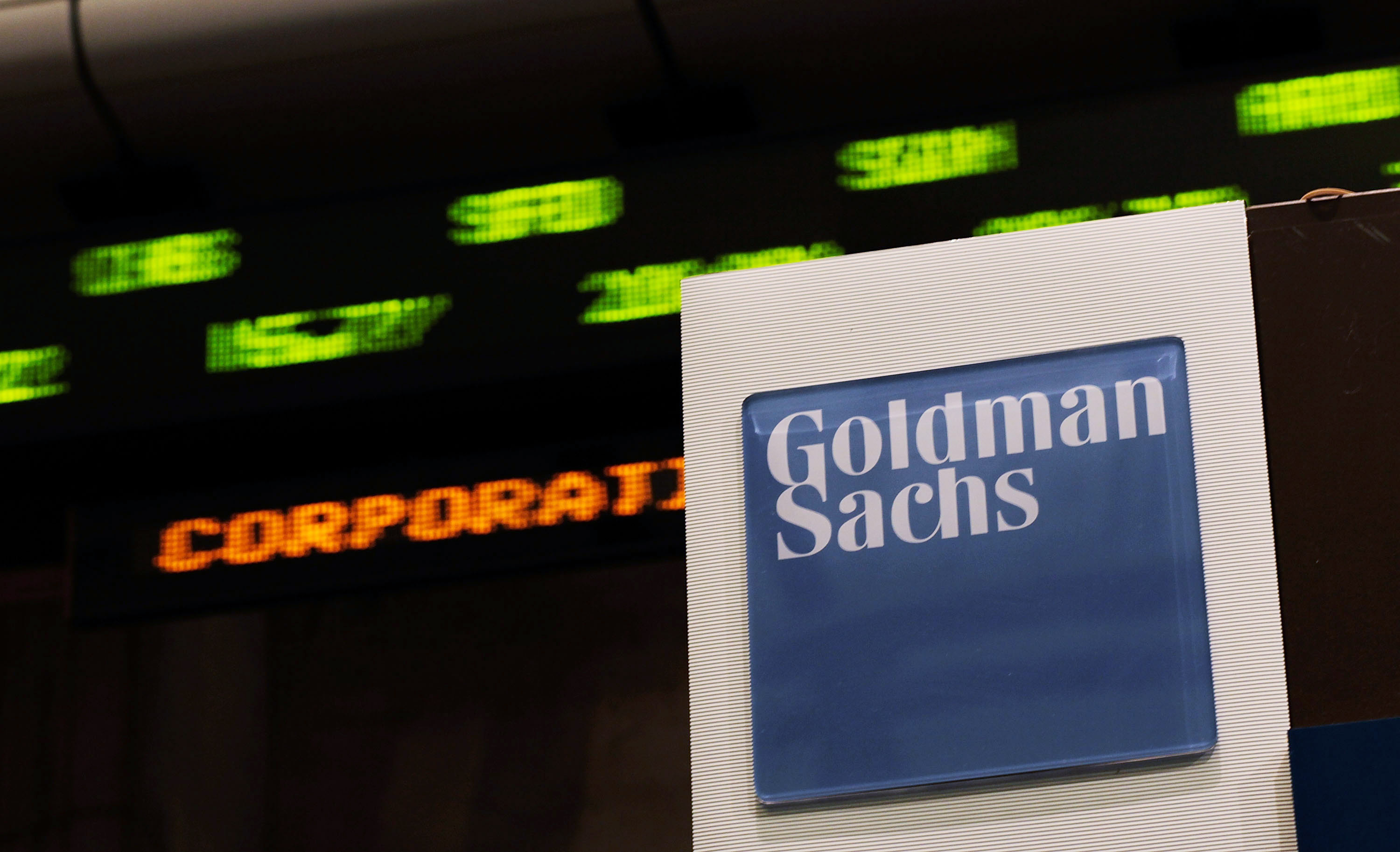The daily business briefing: August 12, 2019
Goldman Sachs warns the trade war's threat to the economy is rising, Hobbs & Shaw leads the domestic box office for a second week, and more


- 1. Goldman Sachs warns of rising trade-war recession threat
- 2. Hobbs & Shaw leads the domestic box office for 2nd week
- 3. Saudi Aramco profit, revenue down due to lower oil prices
- 4. Russia calls on Google to end YouTube ads for 'illegal' protests
- 5. U.S. stock futures fall on concerns over trade war, Hong Kong protests
A free daily email with the biggest news stories of the day – and the best features from TheWeek.com
You are now subscribed
Your newsletter sign-up was successful
1. Goldman Sachs warns of rising trade-war recession threat
Goldman Sachs said Sunday that the danger that the U.S.-China trade war could lead to a recession is rising. In a note to clients, Goldman analysts led by chief U.S. economist Jan Hatzius said the investment bank no longer expects the U.S. and China to reach a deal to settle their differences before the 2020 presidential election. Goldman raised its estimate of the trade dispute's drag on economic growth to 0.6 percent from its earlier estimate of 0.2 percent. The report said businesses rattled by uncertainty could lower their spending until the trade war is settled. "The business sentiment effect of increased pessimism about the outlook from trade war news may lead firms to invest, hire, or produce less," Hatzius wrote.
2. Hobbs & Shaw leads the domestic box office for 2nd week
Fast & Furious spinoff Hobbs & Shaw fought off four new major releases to hold onto the top spot at the North American box office for the second straight weekend. The Dwayne Johnson and Jason Statham action film added $25.4 million to its domestic haul, bringing the total to $108.5 million in North America. It has now brought in $332.6 million worldwide. Scary Stories to Tell in the Dark came in second with a better-than-expected $20.8 million. The Lion King followed close behind in third place, bringing in another $20 million in its fifth weekend as it pushed its global total to $1.3 billion. It has now surpassed Beauty and the Beast as Disney's top-grossing "live-action" animated release.
The Week
Escape your echo chamber. Get the facts behind the news, plus analysis from multiple perspectives.

Sign up for The Week's Free Newsletters
From our morning news briefing to a weekly Good News Newsletter, get the best of The Week delivered directly to your inbox.
From our morning news briefing to a weekly Good News Newsletter, get the best of The Week delivered directly to your inbox.
3. Saudi Aramco profit, revenue down due to lower oil prices
Saudi Aramco, the world's biggest oil producer, on Monday reported that its net income in the first half of 2019 came in at $46.9 billion, under the $53.02 billion it reported in the same period last year. Total revenues were $163.88 billion, down from $167.68 billion a year ago. Aramco partly blamed the lower profits on a 4 percent decline in crude oil prices compared to last year, from $69 per barrel to $66. Aramco president and CEO Amin Nasser said the company was enhancing its "downstream growth strategy" with domestic and international acquisitions that would "enhance dedicated crude placement, increase refining and chemicals capacity, capture value from integration, and diversify our operations."
4. Russia calls on Google to end YouTube ads for 'illegal' protests
Russia's state communications watchdog said Sunday it had told Google to stop letting people advertise "illegal mass events" on its YouTube video platform. Tens of thousands of Russians defied a government crackdown on Saturday and demonstrated in favor of free elections to Moscow's city legislature, with multiple YouTube channels broadcasting the protest live. The watchdog, Roscomnadzor, said some groups had bought push notifications and other YouTube advertising tools to spread information about the protests. The agency said that Russia would consider Google's failure to adequately respond as "interference in its sovereign affairs" and "hostile influence (over) and obstruction of democratic elections in Russia." A Google spokesperson in Russia declined to provide immediate comment.
A free daily email with the biggest news stories of the day – and the best features from TheWeek.com
5. U.S. stock futures fall on concerns over trade war, Hong Kong protests
U.S. stock index futures fell early Monday as fear of global economic fallout from the U.S.-China trade war continued to weigh on markets. The losses deepened as Hong Kong International Airport canceled Monday departures due to disruption by mounting anti-government protests. Futures for the Dow Jones Industrial Average, the S&P 500, and the Nasdaq were all down by about 0.6 percent. The declines came as the People’s Bank of China on Monday set its daily midpoint for the nation's currency, the yuan, at 7.0211 per dollar, weaker than Friday's midpoint but stronger than markets expected. The yuan depreciated past 7-per-dollar last week for the first time in more than a decade, prompting the Trump administration to label China as a currency manipulator.
Harold Maass is a contributing editor at The Week. He has been writing for The Week since the 2001 debut of the U.S. print edition and served as editor of TheWeek.com when it launched in 2008. Harold started his career as a newspaper reporter in South Florida and Haiti. He has previously worked for a variety of news outlets, including The Miami Herald, ABC News and Fox News, and for several years wrote a daily roundup of financial news for The Week and Yahoo Finance.
